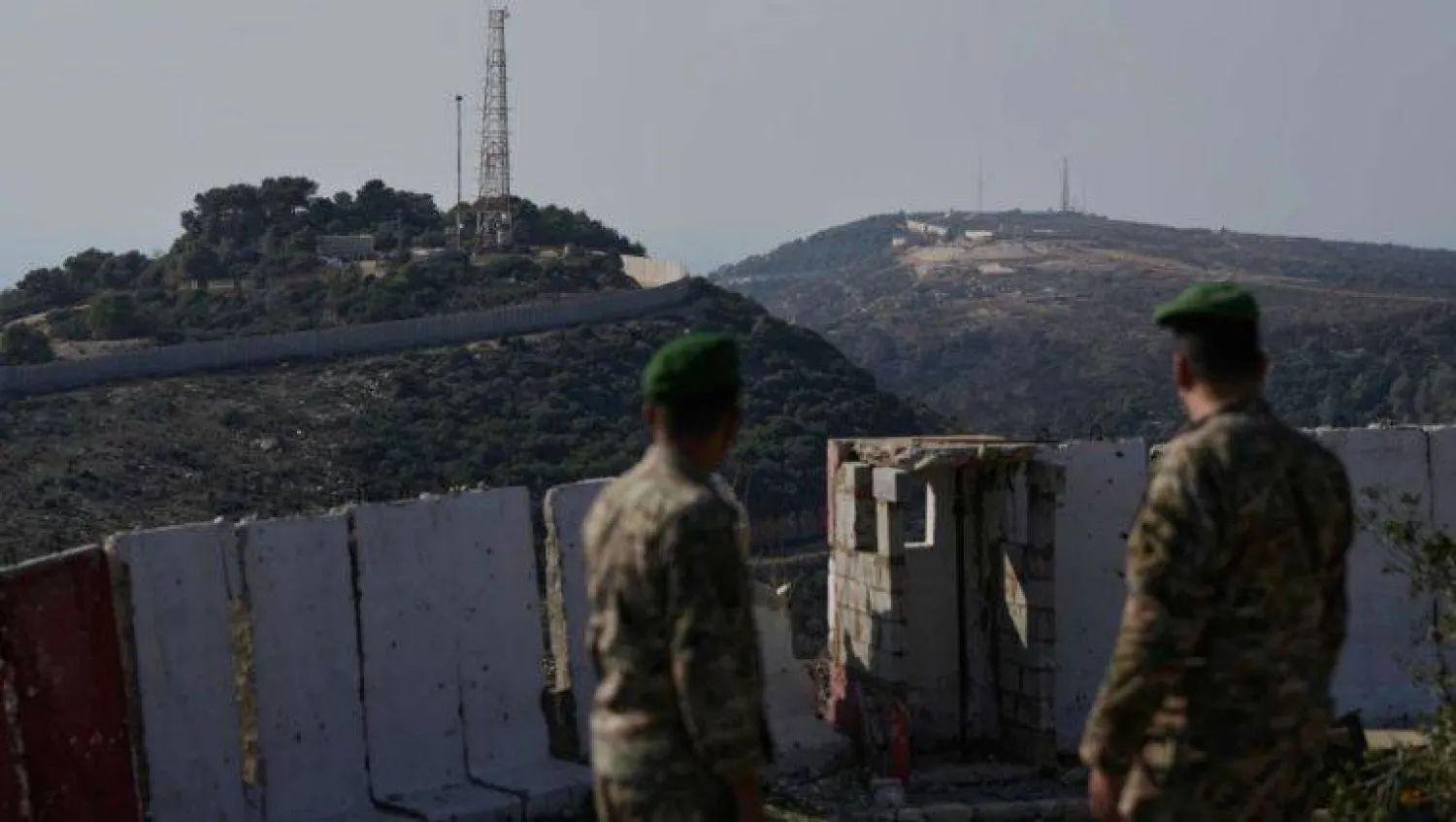The Arab-Islamic Ministerial Committee, in a high-level meeting with European representatives, urged the immediate resumption of ceasefire negotiations in Gaza and the swift implementation of a truce. The committee also rejected any forced displacement of Palestinians and called on the international community to mobilize resources for a Gaza reconstruction conference.
The meeting, held Sunday in Cairo, included Kaja Kallas, the European Union’s High Representative for Foreign Affairs and Security Policy. Discussions focused on the latest developments in the occupied Palestinian territories, particularly the escalating violence in Gaza.
In a joint statement, the committee expressed deep concern over the breakdown of the ceasefire, citing the heavy civilian toll resulting from recent airstrikes. The participants strongly condemned the resumption of hostilities and attacks on civilians and infrastructure, urging an immediate return to the full implementation of the ceasefire agreement brokered by Egypt, Qatar, and the United States on January 19.
The statement also stressed the importance of advancing to the second phase of the agreement, which includes the release of all hostages, a permanent cessation of violence, and the complete withdrawal of Israeli forces from Gaza, in line with UN Security Council Resolution 2735.
The committee underscored the urgent need for compliance with international humanitarian law and called for unimpeded humanitarian aid access to Gaza. It urged the immediate lifting of all restrictions hindering aid delivery and the rapid restoration of essential services, including electricity and water desalination.
Participants welcomed the Arab recovery and reconstruction plan presented at the Cairo Summit on March 4, which was subsequently endorsed by the Organization of Islamic Cooperation and acknowledged by the European Council.
The committee emphasized the necessity of unifying Gaza and the West Bank under the Palestinian Authority (PA) and supporting the PA’s ability to govern effectively. It reiterated the importance of preserving the territorial integrity of the Palestinian territories and reaffirmed that Gaza is an inseparable part of the occupied land, forming the foundation of a future Palestinian state.
The meeting also addressed Israeli military operations in the occupied West Bank, condemning incursions, illegal settlement expansion, home demolitions, and settler violence. These actions, participants warned, not only violate Palestinian rights but also jeopardize the prospects for a sustainable peace and further deepen the conflict.
The committee insisted that Israel, as the occupying power, must fulfill its legal obligations to protect civilians and adhere to international humanitarian law. It also firmly rejected any attempts to annex Palestinian land or alter the historical and legal status of Jerusalem’s holy sites.
Reaffirming their commitment to a diplomatic resolution, the committee stressed the need for a two-state solution in which Israel and Palestine coexist peacefully within secure borders. The statement referenced UN resolutions, the Madrid Peace Process, the land-for-peace principle, and the Arab Peace Initiative as key frameworks for achieving lasting peace in the region.
As part of these efforts, the committee reiterated its commitment to holding a high-level international conference under UN auspices in June in New York. The conference, co-chaired by France and Saudi Arabia, aims to push forward a comprehensive political resolution to the conflict.









